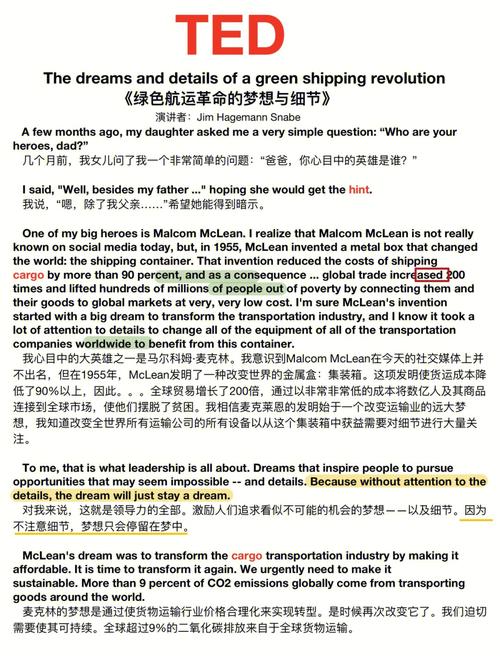SEC Chairman: The Role and Impact in the Financial World
 summary:
SEC Chairman plays a pivotal role in the financial world, overseeing the securities market...
summary:
SEC Chairman plays a pivotal role in the financial world, overseeing the securities market... SEC Chairman plays a pivotal role in the financial world, overseeing the securities markets and protecting investors. Their impact is significant in ensuring market integrity, stability, and fair dealing, thereby influencing global financial health and economic growth.
Title: The SEC Chairman: A Beacon of Authority in the Financial Landscape
In the complex and often unpredictable world of finance, the role of the Securities and Exchange Commission (SEC) Chairman is pivotal. As the head of an independent regulatory agency within the United States government, the SEC Chairman plays a crucial part in safeguarding investors, maintaining fair and efficient markets, and facilitating capital formation. Their impact on the financial industry is immeasurable and often goes unnoticed amidst the daily fluctuations of the market.
The SEC Chairman is responsible for overseeing the SEC's vast array of responsibilities, which include regulating broker-dealers, exchanges, and other market participants to ensure they comply with federal securities laws. They also play a leading role in developing and implementing policies that aim to protect investors from fraudulent activities and ensure market integrity. This involves monitoring market trends, identifying potential risks, and taking proactive measures to mitigate those risks.
The SEC Chairman is appointed by the President of the United States and confirmed by the Senate, reflecting their significant role in financial regulation. Their tenure often coincides with significant shifts in the financial industry, as well as changes in market regulations. In this dynamic environment, the SEC Chairman must possess a deep understanding of financial markets, strong leadership skills, and an unwavering commitment to enforcing the rules fairly and impartially.
One of the most significant impacts of the SEC Chairman is their influence on policy decisions. As the leader of the SEC, they are often at the forefront of shaping policy that impacts market participants and investors. This includes rules on disclosure requirements, insider trading restrictions, and market manipulation prevention. The SEC Chairman's perspective on these policies often shapes their implementation and interpretation, which can have significant ramifications for market participants and investors.
Another key aspect of the SEC Chairman's role is their commitment to investor education and outreach. By promoting awareness about financial markets and educating investors on their rights and responsibilities, the SEC Chairman helps to foster a more informed and responsible investing public. This effort is crucial in ensuring that investors make informed decisions and are protected from fraudulent activities.
Moreover, the SEC Chairman's commitment to enforcing the law is paramount. They lead the charge in investigating and prosecuting securities fraud cases, ensuring that market participants adhere to the rules set by the SEC. This enforcement action not only protects investors but also helps to maintain market integrity and stability. The SEC Chairman's commitment to enforcing the law is often reflected in their stance on controversial issues and their willingness to take on powerful market participants if necessary.
In conclusion, the role of the SEC Chairman is pivotal in shaping the financial industry's landscape. Their impact on policy decisions, investor education, and law enforcement helps to ensure fair and efficient markets, protect investors, and facilitate capital formation. As the financial industry continues to evolve, the SEC Chairman's role becomes increasingly critical in navigating complex market trends and safeguarding investors from potential risks.
Content (continued):
The SEC Chairman also plays a crucial role in providing guidance and leadership to the agency's staff. As the top regulator in charge of a vast organization, they must foster a culture of excellence, integrity, and professionalism among their team. This involves setting clear expectations, providing resources for training and development, and encouraging open communication within the organization. By creating a strong team of regulators, the SEC Chairman ensures that the agency's mission is carried out effectively and efficiently.
Furthermore, the SEC Chairman's leadership is often tested during market crises. In times of market volatility or crisis, their guidance and leadership are crucial in ensuring that markets remain open and functioning properly. They must make quick decisions that prioritize investor protection while balancing market stability. This requires a deep understanding of financial markets, a keen sense of judgment, and strong leadership skills.
The SEC Chairman also plays a vital role in fostering cooperation between regulators domestically and internationally. In an increasingly global financial system, cross-border cooperation is crucial in ensuring that regulatory standards are consistent and effective. The SEC Chairman must work closely with other domestic regulators as well as international counterparts to share information, coordinate policies, and address common challenges facing financial markets.
One of the most significant challenges facing the SEC Chairman is adapting to technological advancements in financial markets. With the rise of digital assets, blockchain technology, artificial intelligence, and other innovative technologies, financial markets are evolving rapidly. The SEC Chairman must stay abreast of these advancements and ensure that the agency remains at the forefront of regulating these new technologies while protecting investors from potential risks.
Overall, the role of the SEC Chairman is not only about regulating financial markets but also about leading an organization, fostering cooperation between regulators, staying abreast of technological advancements, and providing guidance during market crises. Their impact on the financial industry is immeasurable and often goes unnoticed amidst daily market fluctuations but plays a vital role in ensuring fair and efficient markets that protect investors' interests.

